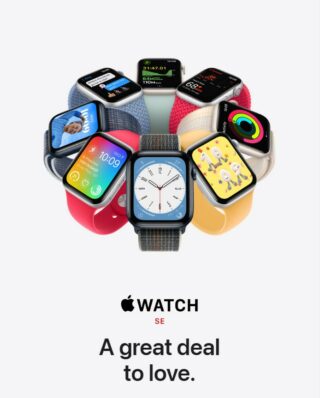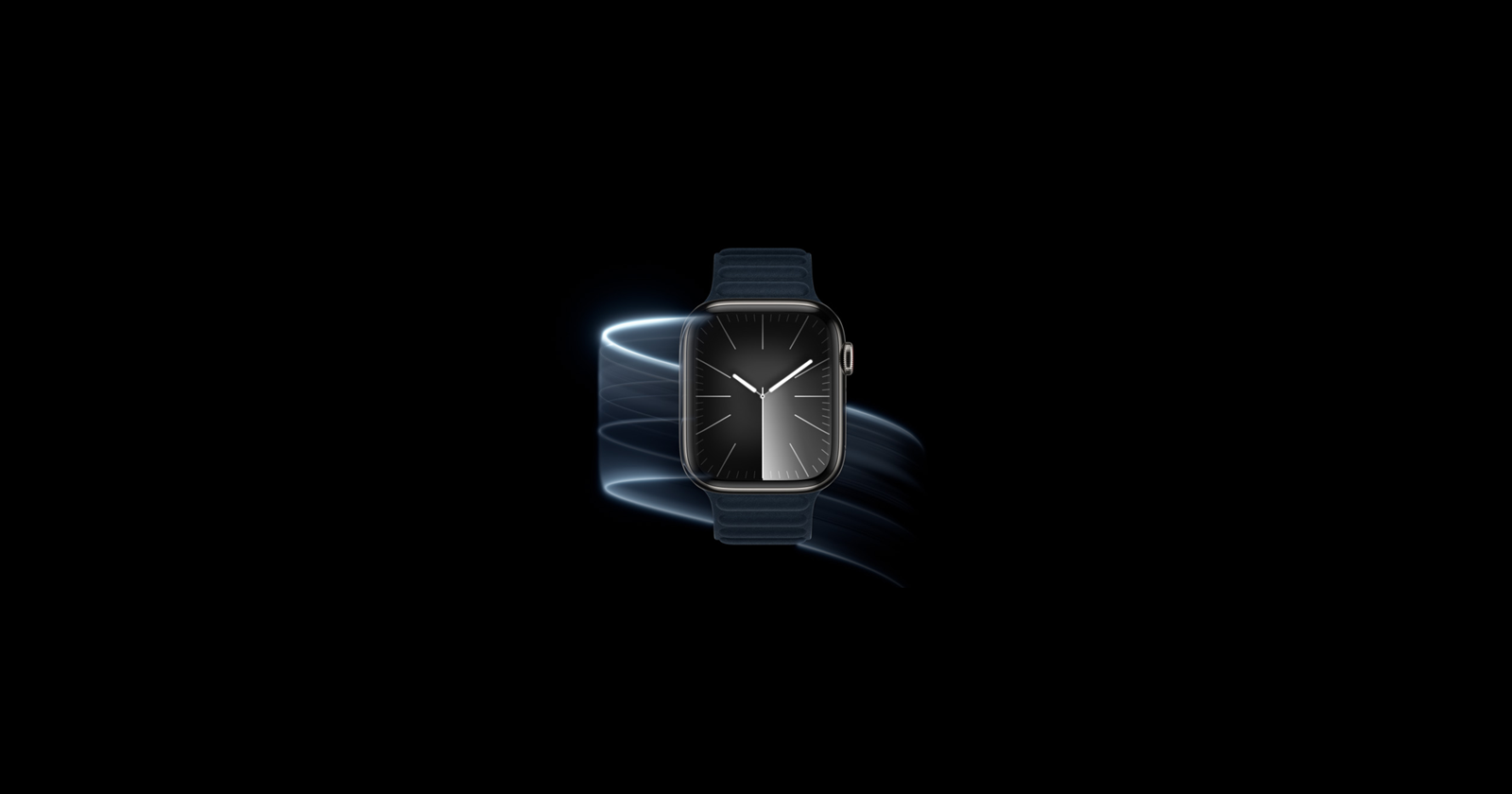Apple’s recent revelation that it abandoned a three-year project aimed at extending Apple Watch compatibility to Android devices, including the Google Pixel line, throws a harsh spotlight on the company’s walled-garden approach to its ecosystem. This move adds weight to a long-standing criticism that Apple intentionally makes it difficult and expensive for its customers to operate outside the carefully curated realm of Apple products.
The news comes amidst an antitrust lawsuit filed by the US Department of Justice against Apple, alleging monopolistic behavior regarding the iPhone. Critics have long accused Apple of creating artificial barriers that discourage users from switching to competing platforms. From proprietary charging cables to software restrictions, Apple’s history suggests a calculated strategy to lock users into its ecosystem. This approach creates a hefty switching cost for consumers as their collection of Apple devices and services grows.
The scrapped Apple Watch and Android compatibility project serves as a prime example of this tactic. Apple’s citing of “technical limitations” seems flimsy, particularly considering the company’s impressive engineering prowess. This move reinforces the notion that Apple’s decisions are driven more by a desire to maintain control than genuine technical difficulties. In stark contrast, Google’s Pixel line of phones embraces a more open philosophy. Google Pixel and other Android phones readily pair with smartwatches from a wide range of manufacturers running Wear OS. This user-friendly approach allows consumers to mix and match devices that best suit their needs without the inflated costs and frustrations that accompany Apple’s ecosystem.

There’s no doubt Apple’s walled-garden comes with sleek design and seamless integration of products and services, but at the cost of flexibility and choice. Google’s Pixel phones and Android in general, on the other hand, represent a commitment to openness and adaptability.
Of course, the decision of which ecosystem to embrace is a personal one, and you can always choose to buy a Pixel Watch or even Galaxy Watch for that matter. However, the Apple Watch compatibility saga, amidst the backdrop of the antitrust lawsuit, should be a timely reminder to carefully consider the potential restrictions before diving headfirst into Apple’s world.


